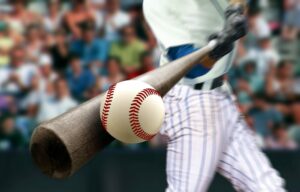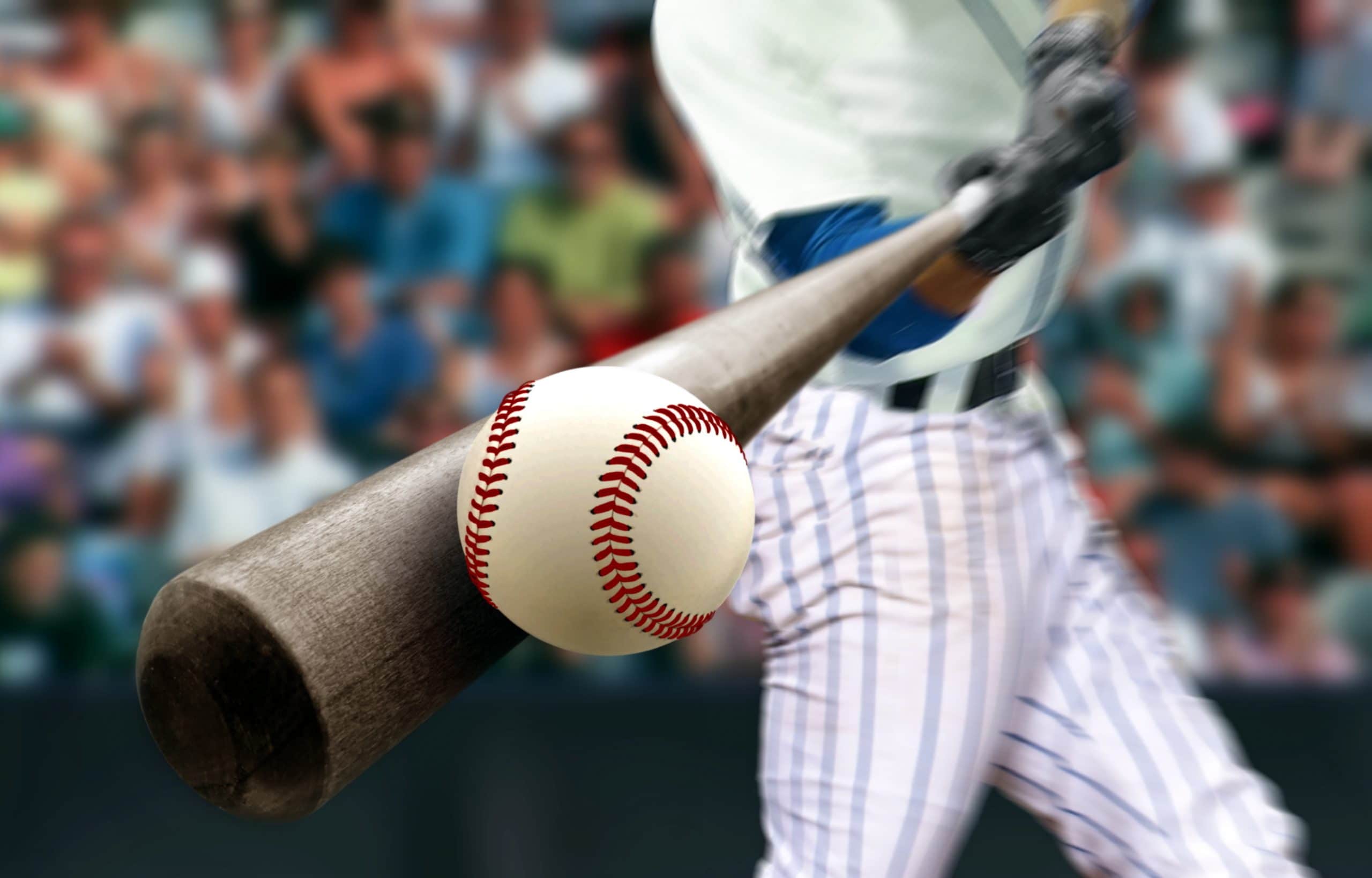Eric Rynston-Lobel, a young journalism student at Northwestern University recently published an interesting article, “Hitting a baseball is the hardest skill to pull off in sports. Here’s why,” in the magazine Popular Science. We asked our own, Leonard Zaichkowsky, PH.D., and gameSense Co-Founder and Director of Sport Science to add his insights on this topic. His thoughts are below…
Through his scientific research and interviews with experts in physics, Dr. David Kagan, neuroscience, Dr. Paul Sajda, and hitting coaches, Eric accurately portrayed the fact that the skill of hitting a baseball is complex and unlike any other sport skill. It involves more than sheer physical athleticism. In his article, he points out the classical example of how the great Michael Jordon, who ruled the basketball world, failed in his attempt to play professional baseball. Jordan failed primarily because he could not execute one specific skill: hit the 90-mile an hour baseball. This reminded me of when I had my graduate students read a motor learning explanation of the Jordan phenomenon in the book “Why Michael Couldn’t Hit: And Other Tales of the Neurology of Sports,” written by Harold Klawans.
Like Professor Sajda, I studied, taught, and wrote about the
brain processes that are involved in rapid decision-making by athletes. Sajda,
according to Eric, believes exceptional hitters have two important cognitive
qualities:
- The ability to stop themselves from swinging at certain pitches in a fraction of a second.
- The ability to identify pitches.

I call the first point “impulse control or response override”, an
important cognitive skill to be sure. But
the most important attribute hitters must have is the ability to identify
pitches or what gameSense refers to as pitch recognition. In the book I co-authored with Dan Peterson, “The Playmakers Advantage”, published in
2018, we discuss the three critical perceptual-cognitive skills needed in
fast-paced sports or in hitting of a baseball or softball. They are:
The ability to visually focus on and read important cues early. For example, great hitters with their excellent visual acuity learn to read a pitcher’s grip of the ball and their release point.
Anticipate and decide the type of pitch and location. If a baseball pitcher throws at 90 miles per hour, from 55 feet the hitter needs to decide in .440 seconds whether the pitch will be a strike or a ball; to swing or not swing (where impulse control is needed); and decide whether the pitch is going to be a fastball, breaking ball or changeup, etc. Hitting a fastpitch softball is even more difficult. A 70 mph fastball released 37 feet from home plate requires .35 seconds of reaction time for the batter or 20% less time.
- Execute the skill of putting the bat on the ball. All of this perceptual-cognitive activity plus muscle/limb movement to hit the ball on the sweet spot of the bat takes less than half a second. In sum, hitting a baseball or softball requires incredible coordination of the hitter’s eyes, brain, nervous system, and muscles of the body.
Until recently, the only way hitters
could develop this important perceptual cognitive skill was through getting at-bats
in a batting cage or in game situations, which is not an efficient method of
training. Today, the visual temporal occlusion method of brain training
developed by GameSense Sports,
allows hitters at all levels to get many “at bats” by simply viewing a variety
of pitchers on their mobile phone, iPad, or desktop computer.
About Leonard Zaichkowsky, PH.D., gameSense Co-Founder and Director of Sport Science
Dr. Zaichkowsky is a widely known sport and performance scientist whose specialty is the psychophysiology of human performance. For 37 years, he was a professor at Boston University with a joint appointment in the School of Education and School of Medicine.
He has published 6 books and more than 100 scientific papers on
sport psychology, sport science, biofeedback, and research methods and made
more than 300 presentations world-wide. Currently, Len is a science consultant
for a number of sports, medical, military, and business organizations. Dr.
Zaichkowsky is a licensed psychologist, a Fellow of the American Psychological
Association (APA), and 2016 recipient of APA’s award for “Distinguished
Contributions to Professional Practice”. He is a past-president and Fellow of
the Association for Applied Sport
Psychology (1997-99), a former member of the Editorial Board of the
Journal of Applied Sport Psychology, and currently section editor on psychology
for the International Journal of Health & Sport Science. Len has consulted
with U.S., Canadian, and Australian Olympic organizations, Major League
Baseball, NBA, NFL, NHL, Spanish World Cup Soccer, Real Madrid, and numerous
other elite sport organizations.

